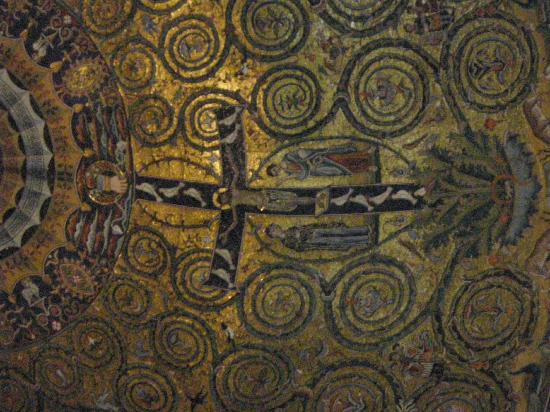
When the child was a child
It walked with its arms swinging,
wanted the brook to be a river,
the river to be a torrent,
and this puddle to be the sea.
When the child was a child,
it didn’t know that it was a child,
everything was soulful,
and all souls were one.
When the child was a child,
it had no opinion about anything,
had no habits,
it often sat cross-legged,
took off running,
had a cowlick in its hair,
and made no faces when photographed.
When the child was a child,
It was the time for these questions:
Why am I me, and why not you?
Why am I here, and why not there?
When did time begin, and where does space end?
Is life under the sun not just a dream?
Is what I see and hear and smell
not just an illusion of a world before the world?
Given the facts of evil and people.
does evil really exist?
How can it be that I, who I am,
didn’t exist before I came to be,
and that, someday, I, who I am,
will no longer be who I am?
When the child was a child,
It choked on spinach, on peas, on rice pudding,
and on steamed cauliflower,
and eats all of those now, and not just because it has to.
When the child was a child,
it awoke once in a strange bed,
and now does so again and again.
Many people, then, seemed beautiful,
and now only a few do, by sheer luck.
It had visualized a clear image of Paradise,
and now can at most guess,
could not conceive of nothingness,
and shudders today at the thought.
When the child was a child,
It played with enthusiasm,
and, now, has just as much excitement as then,
but only when it concerns its work.
When the child was a child,
It was enough for it to eat an apple, … bread,
And so it is even now.
When the child was a child,
Berries filled its hand as only berries do,
and do even now,
Fresh walnuts made its tongue raw,
and do even now,
it had, on every mountaintop,
the longing for a higher mountain yet,
and in every city,
the longing for an even greater city,
and that is still so,
It reached for cherries in topmost branches of trees
with an elation it still has today,
has a shyness in front of strangers,
and has that even now.
It awaited the first snow,
And waits that way even now.
When the child was a child,
It threw a stick like a lance against a tree,
And it quivers there still today.
-- Lied Vom Kindsein, Peter Handke





